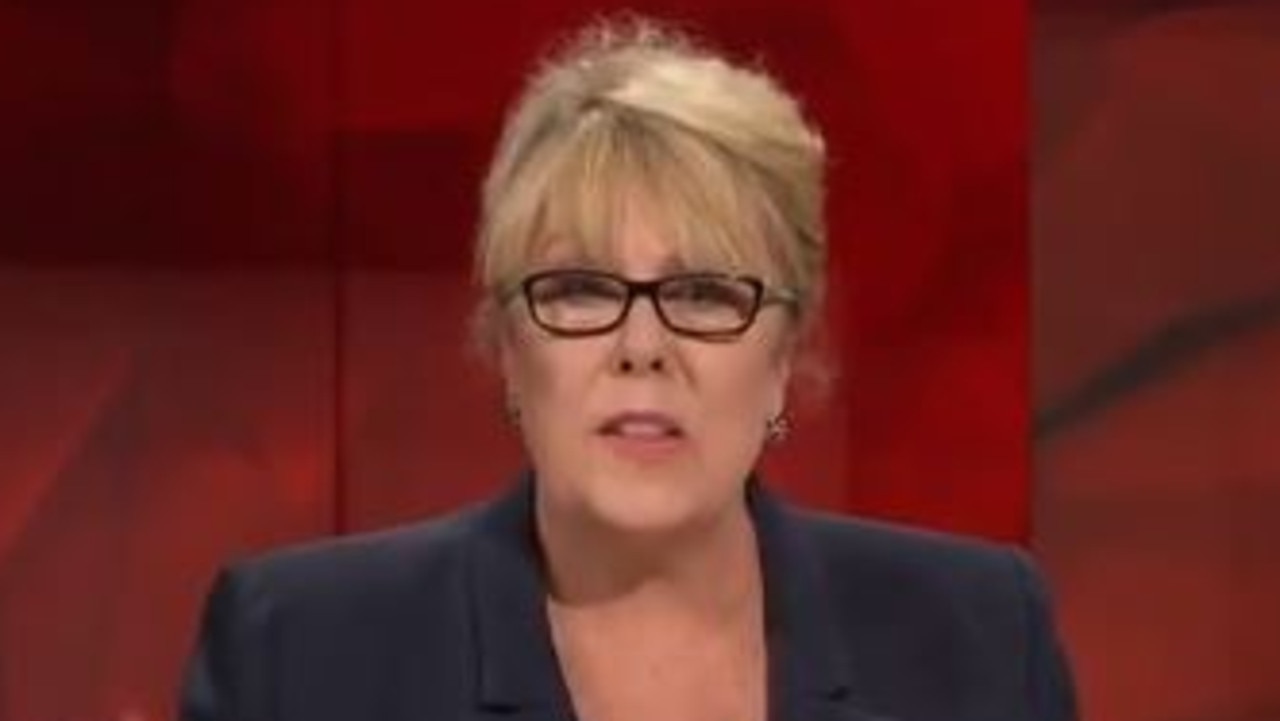End TV licence fees, says Seven boss
THE chief executive of business magnate Kerry Stokes’s Seven West Media has called on the government to abolish television licence fees.

THE chief executive of business magnate Kerry Stokes’s Seven West Media has called on the government to abolish television licence fees in an unprecedented move, amid growing anxiety about the slow pace of regulatory reform in a fast-changing media landscape.
After unveiling a first-half net loss of almost $1 billion for the company, chief executive Tim Worner said the government urgently needed to fall into line with overseas markets where free-to-air broadcasters paid a tiny percentage of gross revenues in licence fees, and recognise Australian media companies were operating in a tougher environment.
“I actually believe they should be at zero, particularly given what are the heaviest local content regulations in the world,” Mr Worner told The Australian.
While the main commercial networks have previously lobbied the government for licence fees to be reduced to a nominal figure, Mr Worner’s extraordinary intervention marks the first time in the history of Australian television a network boss has petitioned for licence fees to be axed altogether.
“The facts are other countries like the UK pay almost nothing and in the US they have never paid fees at all,” Mr Worner said.
“The UK had theirs reduced at the time of the transition to digital and they have remained there due to the recognition of the changed operating and competitive environment.”
At present, the Seven, Nine and Ten networks pay 4.5 per cent of gross revenues in licence fees. Such a move could lift earnings of all three broadcasters collectively by as much $172.5 million. Based on reported revenues for financial year 2014, Seven’s top line would have been boosted to the tune of $75.4m. The Nine and Ten networks would have been $69m and $28.1m better off respectively without licence fees.
From next month, US streaming giant Netflix will begin battling Australian broadcasters for viewers, with a library of TV shows and movies available to download via the internet.
Despite ramping up aggressive plans for the Australian market, Netflix will have limited local tax obligations because of a decision to run the operation from an international head office.
As well as being able to minimise its corporate tax liabilities, Netflix is not subject to the same advertising restrictions and content quotas as Seven.
On free-to-air stations, between 6am and midnight 55 per cent of programs must be Australian. During federal elections, advertising blackouts are enforced on free-to-air networks.
“These regulations as well as other advertising limitations do not apply to any of these new competitors,” Mr Worner said.
“We want to compete more effectively on the global stage and if you look at our program export record we have the creativity to do it. Things like licence fees make it a much tougher decision.”
Mr Worner was speaking after Seven West reported a net loss of $993.63m, a significant swing from its $150.11m net profit in the previous corresponding period.
The result was weighed down by a $1.148bn writedown. The media group, which includes the number-one free-to-air network Seven, Pacific Magazines, The West Australian and Yahoo 7, posted an underlying net profit of $137.5m, down 8.4 per cent on the previous corresponding period. Revenue fell 3.4 per cent to $933.8m in the six months to December 31.
“Today’s statutory result reflects the tough economic conditions impacting consumer confidence and advertising expenditure over the past six months, and we believe it is prudent that we adopt a more conservative approach to the valuation of our businesses,” Mr Worner said.
“This does not diminish our belief in the future of free-to-air television or our ability to maintain leadership, revenue share and cost control in the business.”
With the expected fall in profit and revenue priced into Seven’s stock, shares remained unchanged at $1.42.



